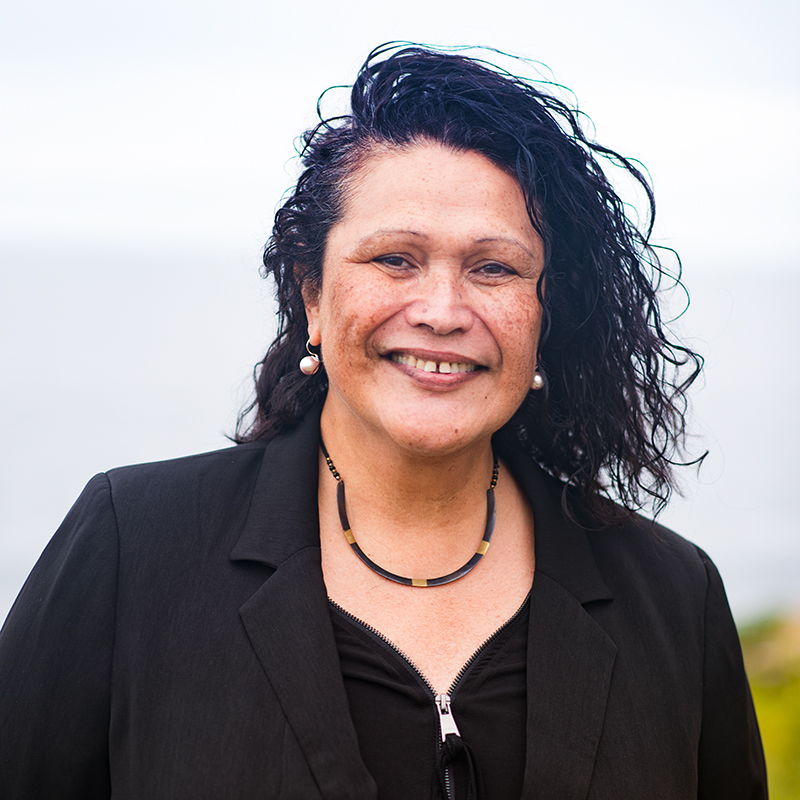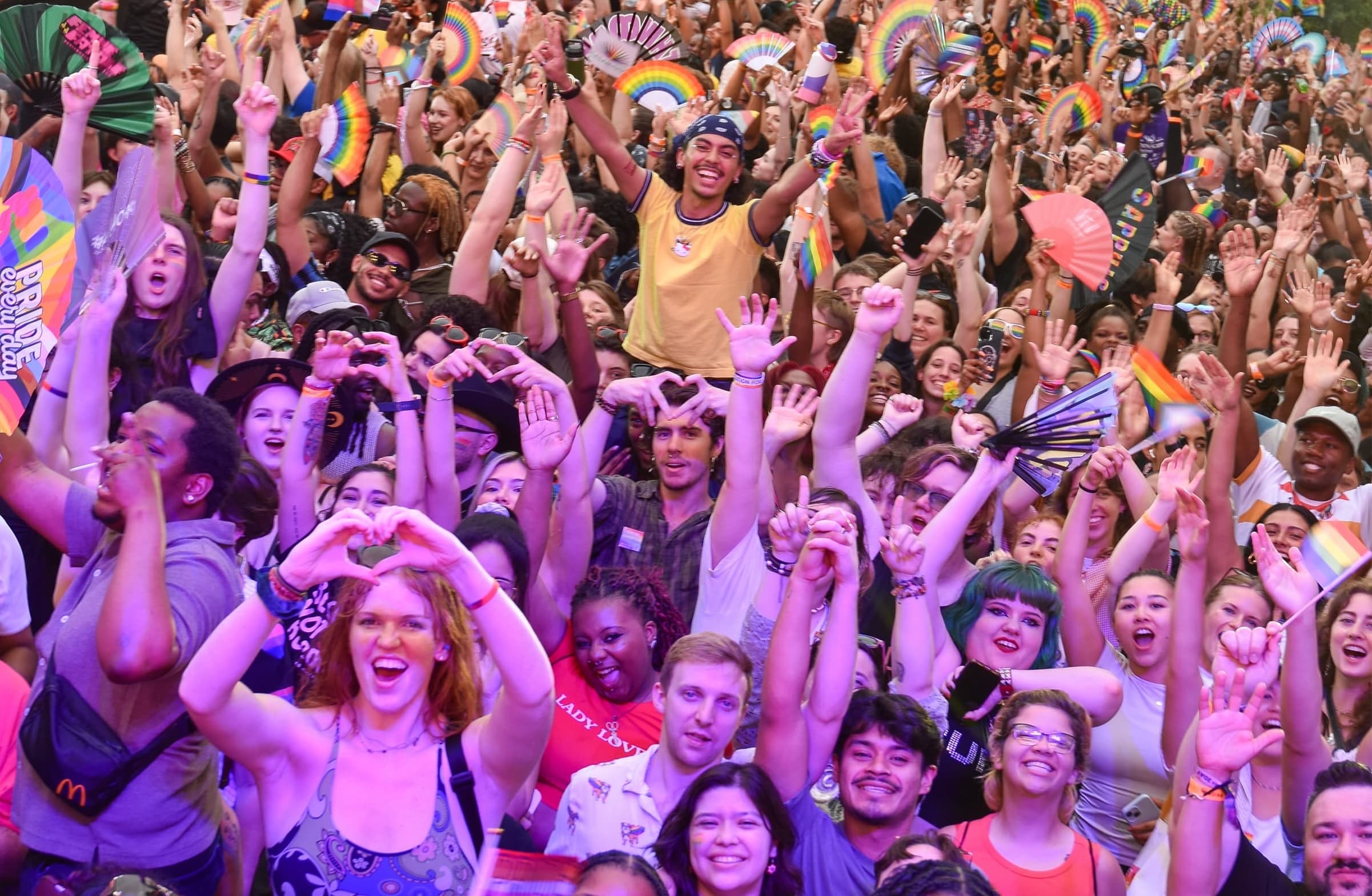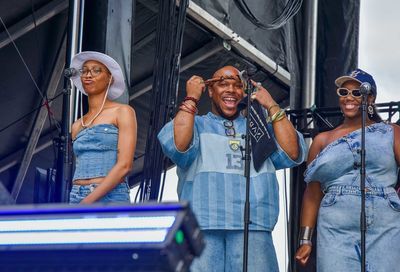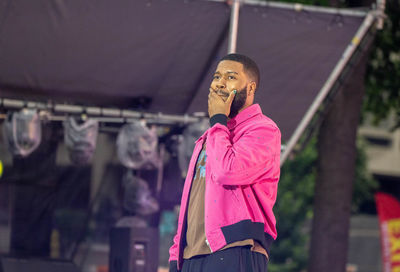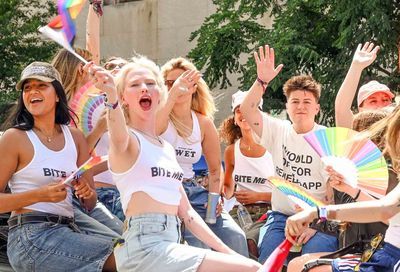Backward Glances
Seeing gay politics through the prism of the 1990s continues to promote an overly cautious approach to LGBT issues
Some large portion of the collective Democratic mind will always see the world as if it’s still 1993. That’s when the backlash against President Bill Clinton’s promise to end military discrimination against gay and lesbian soldiers opened up a media circus and political feeding frenzy, with such memorable moments as U.S. senators touring a submarine to show how tight the bunks and shower facilities could be.
That experience of the creation of ”Don’t Ask, Don’t Tell” has colored every political consideration about LGBT lives since. And that reasoning — that fear of a political backlash must be prioritized over choosing to do what’s right — went on to give us such legislative gifts as the Defense of Marriage Act.
Although I wrote last week that it seemed impossible to tease out the Obama administration’s actual political reasoning behind announcing that there will be no executive order this year banning employment discrimination against LGBT employees of federal contractors, over the past week a general consensus on the White House hesitancy has been put forward. Not surprisingly, it’s a political perspective piped in from two decades ago.
Writing in the Advocate, longtime Democratic activist and openly gay business leader Andrew Tobias makes the reasoning explicit for the White House, arguing that Obama’s quashing of the executive order is the ”safest path to ENDA.” It’s very clear where Tobias (and, presumably, the administration) sees the risk: ”Picture such a [swing] state flooded with $20 million in grotesquely unfair, Willie Horton-type ads featuring trial lawyers suing small business owners over employee bathroom issues.”
Interestingly, Tobias never once uses the word ”transgender” in his op-ed, and only uses ”gender identity” in conjunction with a fear of Karl Rove and the Koch brothers. But when you’re talking about bathrooms, Willie Horton and Karl Rove in the same column, you’re talking about trans-panic.
The underlying argument is the same that it has been for two decades now: It’s an election year, so it’s time for us to be quiet. In our new SuperPAC democracy, we have to watch our presence lest our issues be turned into scary commercials about hairy men in dresses stalking women’s restrooms.
But this is going to happen anyway. Even without this week’s groundbreaking EEOC ruling on gender identity and discrimination — truly a milestone for transgender equality — Obama has already taken a number of administrative actions that benefit transgender people. None are as sweeping as an executive order would be, but that’s irrelevant if we’re talking about fodder for anti-trans advertising. Nothing as mundane as the truth will ever get between a SuperPAC and its attack ads.
And the truth is it’s always an election year as presidential campaigns blur into midterms and then back, an ever-tightening cycle of polls and PACs seeking political advantage. To argue that LGBT issues should only be considered through the lens of political risk — that to insist on our issues in this election year is to risk ”catastrophe,” as Tobias puts it — is to argue for stasis. There will always be a potential of backlash. And the more successful we are in securing our equal standing in society, the fiercer that backlash will become among the ever-smaller group of bigots who view LGBT lives with fear and hatred.
No one who cares about LGBT equality — and I have absolutely no doubt that Tobias and the White House care quite deeply — believes it will be easy. But leadership is often about doing what’s right, not what’s easy. And in this case, the first step is to acknowledge that we’re not in 1993 anymore.
Support Metro Weekly’s Journalism
These are challenging times for news organizations. And yet it’s crucial we stay active and provide vital resources and information to both our local readers and the world. So won’t you please take a moment and consider supporting Metro Weekly with a membership? For as little as $5 a month, you can help ensure Metro Weekly magazine and MetroWeekly.com remain free, viable resources as we provide the best, most diverse, culturally-resonant LGBTQ coverage in both the D.C. region and around the world. Memberships come with exclusive perks and discounts, your own personal digital delivery of each week’s magazine (and an archive), access to our Member's Lounge when it launches this fall, and exclusive members-only items like Metro Weekly Membership Mugs and Tote Bags! Check out all our membership levels here and please join us today!









